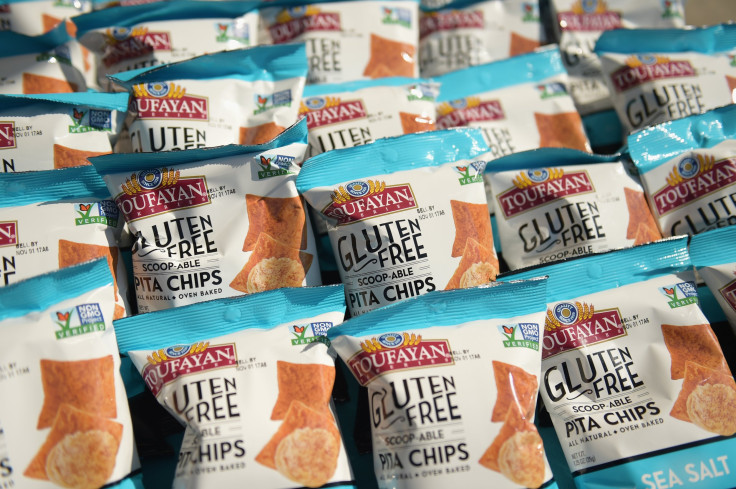What Is Gluten Intolerance? Vatican Bans Gluten-Free Wafers For Holy Communion

The Vatican declared Saturday the wafer or bread used during the Eucharist at the Roman Catholic Mass cannot be completely gluten-free, although minimal quantity of gluten could be allowed. This can be a problem for Christians who suffer from gluten intolerance.
Gluten intolerance refers to the incapability of the human body to process gluten protein. Contrary to the popular belief that gluten-free diet is usually a matter of choice and lifestyle for a person, there are cases where consumption of gluten can lead one to develop wheat allergy or even Celiac disease, Healthline reported.
Symptoms of wheat allergy can show up after a few minutes to a couple of hours of consuming food products that contain wheat. Some of the symptoms include diarrhea, nausea and vomiting, irritation in mouth, throat and eye, shortness of breath and skin rashes. In case of a severe allergy, which causes someone to develop a medical condition called anaphylaxis, the doctor often prescribe an epinephrine auto-injector to prevent future disorders if the patient accidentally consumes wheat again.
Read: What Causes Gluten Intolerance? Celiac Disease Linked To Virus

Wheat allergy is less severe than Celiac disease. The latter often leads to autoimmune disorder, which if not properly treated, can cause intestine failure. For a person who does not have tolerance for gluten, consuming wheat or any food product with gluten in them will cause their immune system to affect the villi that line the inner wall of the small intestine. Since healthy villi are needed for the proper absorption of nutrients, the person stands to suffer from severe malnutrition in the long run.
Some other symptoms of Celiac disease are constipation, abdominal pain, diarrhea, nausea and vomiting, irregular stool, rapid weight loss, erratic mood swings, osteoporosis, fatigue, anemia, headaches, joint pain, menstrual irregularities and miscarriages.
Following a directive from Pope Francis, the Vatican Radio published a letter for all Catholic bishops worldwide that stated bread and wine served during a Holy Communion, or even available on the internet nowadays, "must be unleavened, purely of wheat, and recently made so that there is no danger of decomposition. Hosts that are completely gluten-free are invalid matter for the celebration of the Eucharist."
Read: Should You Go Gluten-Free? New Test For Non-Celiac Gluten Sensitivity
The letter further added that “low-gluten hosts (partially gluten-free) are valid” provided they have “sufficient amount of gluten to obtain the confection of bread.” Similarly, the wine that is consumed on the occasion must be "natural, from the fruit of the grape, pure and incorrupt, not mixed with other substances."
This leaves people who suffer from gluten intolerance little choice but to refrain from partaking in the occasion that observes doctrine of transubstantiation, according to which the Communion wafer and wine symbolizes the Body and Blood of Jesus Christ respectively.
Drastic steps have been taken by the Church to maintain the sanctity of the Communion wafer or bread consumed during Holy Communion. Back in 2005, the Bishop of Trenton invalidated the First Communion of an 8-year-old girl when it was discovered that she had been given a gluten-free wafer.
© Copyright IBTimes 2024. All rights reserved.





















